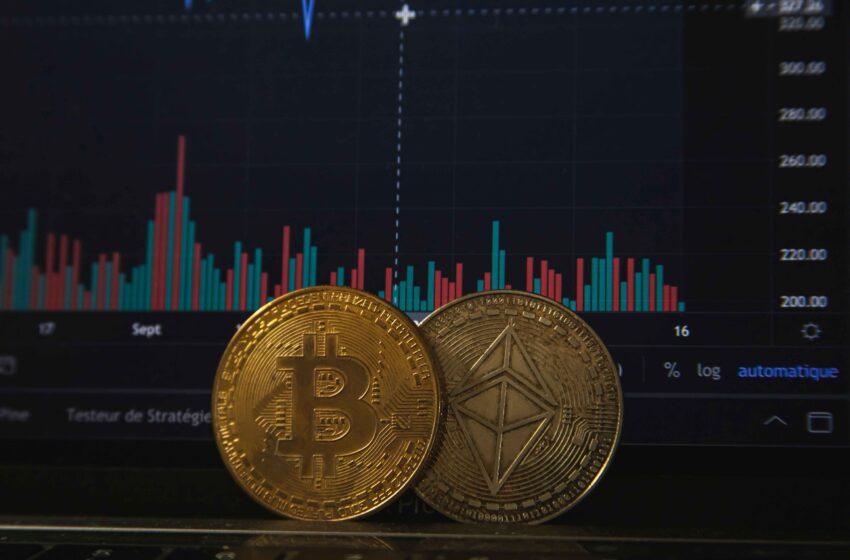

Latin America’s Crypto Momentum: Itaú Bets Big on Bitcoin, Argentina Pushes Tokenization, and Panama Embraces Crypto for Taxes
The cryptocurrency landscape in Latin America is undergoing a major shift. This week alone, three significant developments captured the region’s growing embrace of digital assets — from Brazil’s banking giants to Argentine regulators and innovative tax initiatives in Panama.
Itaú Bank to Invest $210 Million in Bitcoin Through New Firm Oranje
Brazil’s largest private bank, Itaú Unibanco, announced a bold move: a $210 million investment into Bitcoin. The bank is establishing a new company called Oranje, focused on accumulating Bitcoin as a strategic treasury reserve asset, mirroring the aggressive Bitcoin acquisition strategy of firms like Michael Saylor’s MicroStrategy.
Former Swan Bitcoin CEO Guilherme Gomes will lead Oranje, with Guilherme Ferreira of Bahema as CFO. Backed by heavyweights including Itaú BBA, Pinheiro Neto Advogados, Pillsbury, and one of the Big Four auditing firms, Oranje plans to raise funds through debt issuance and stock sales to expand its Bitcoin holdings.
Oranje positions itself at the frontier of a new corporate treasury model — one that sees Bitcoin not just as an investment, but as a core reserve asset amid global monetary shifts. The firm believes that, with only 3% global adoption, Bitcoin’s future growth remains massive, especially following recent pro-crypto legislative trends in the U.S. under Donald Trump’s leadership.
This signals a major institutional vote of confidence in Bitcoin from Latin America’s largest economy, and it could encourage other regional players to follow.
Argentina’s CNV Proposes Progressive Tokenization Framework
Meanwhile, Argentina is advancing its regulatory clarity for crypto-assets. The country’s National Securities Commission (CNV) introduced a draft regulation aimed at establishing a formal framework for asset tokenization.
Approved under RG No. 1060, the proposal defines how marketable securities — including stocks, bonds, investment funds, and CEDEARS — can be represented digitally using blockchain and distributed ledger technologies.
According to CNV President Dr. Roberto Silva, the framework seeks to place tokenized assets on par with traditional securities, while enhancing traceability, transparency, and investor security. The proposal is now open for public consultation for 15 days, allowing stakeholders to offer input before it becomes law.
If implemented, Argentina could become a regional leader in tokenized finance, offering clearer paths for innovation while safeguarding investors.
Panama City to Accept Cryptocurrency for Tax Payments
In another forward-looking move, Panama City announced it will start accepting cryptocurrency for municipal tax payments. Mayor Mayer Mizrachi and Towerbank President Benjamín Méndez finalized the agreement during Panama Blockchain Week 2025.
The initiative, run through Towertrust — Towerbank’s fiduciary division — ensures that all crypto payments are instantly converted into U.S. dollars before entering city accounts. This protects the city from crypto price volatility while offering citizens flexible, secure, and legally compliant payment options.
Mayor Mizrachi praised the move as a step towards a “digitally connected public administration,” signaling Panama’s broader ambitions to position itself as a crypto-friendly financial hub.
Latin America: A Crypto Powerhouse in the Making
These major announcements demonstrate Latin America’s dynamic and diverse approach to the crypto economy. From Brazil’s Itaú placing a $210 million bet on Bitcoin, to Argentina’s regulatory leadership in tokenization, and Panama’s crypto-tax innovation, the region is rapidly moving from experimentation to real-world adoption.
These developments mark a turning point for Latin America, showcasing how financial innovation and regulatory evolution can work hand in hand. As countries in the region embrace digital assets, they are not only modernizing their economies but also creating new opportunities for businesses and citizens alike. With increasing global interest in decentralized finance, Latin America’s proactive stance could serve as a blueprint for other emerging markets. The momentum is clear: the region is steadily positioning itself as a rising force in the crypto economy.
As traditional finance merges with blockchain innovation, Latin America could soon emerge as one of the most important regions shaping the future of global crypto markets.




